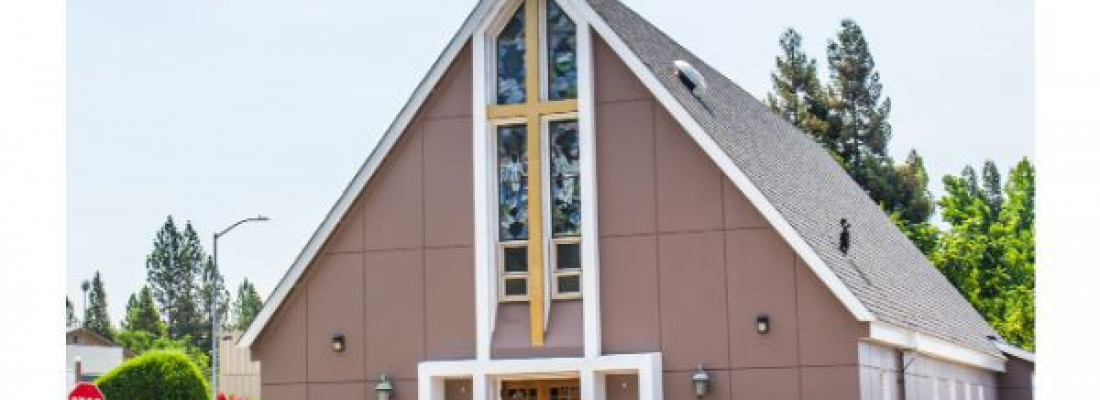Many religious communities that are still working toward a goal of one day owning their own place of worship opt to rent their space instead. Like any renter, a church can have disputes with its landlord. Church leaders should not assume that their religious mission will make a landlord more likely to treat their church differently than it does a commercial tenant. Here are three common disputes that may affect a tenant church.
- Maintenance problems.
A big advantage of being a renter is the freedom from obligations to make major repairs when something goes wrong with a building. But many landlords are slow to respond to problems, or they may outright refuse to correct an issue as part of a broader plan to encourage a tenant to leave. Some problems may be relatively minor—paint that needs to be updated, a leaky faucet—while others can create safety problems. Few lease agreements put all the responsibility for maintenance on the tenant. If a landlord refuses to make repairs, the church may have the option of making the repairs itself and passing on the costs to the landlord by reducing a month’s rental payment.
- Changes in ownership.
Commercial real estate can change hands pretty often. When a change happens, the new landlord’s attitude toward the existing tenants may be quite different from its predecessor’s. When a property’s ownership changes, it’s important to understand what the church’s rights are as a tenant. A lease agreement likely will address changes of ownership, and the new landlord may assume the old lease as part of the transaction. But beware circumstances where the new owner has plans for the property that do not include existing tenants.
- Trouble with other tenants.
Although some conflicts with neighboring tenants are not the landlord’s problem, the landlord can have a hand in making trouble for a church. For example, few churches want to be located next door to a strip club or a liquor store. If the lease agreement does not give the church an option to get out of a lease in response to a decision like this by the landlord, the church might need to take action to force the issue.
The Church Law Center of California supports religious and secular nonprofits in all aspects of their work. We can help your church navigate its relationship with its landlord and resolve disputes. Call us today to discuss your church’s needs. We can be reached at (949) 892-1221 or through our contact page.






